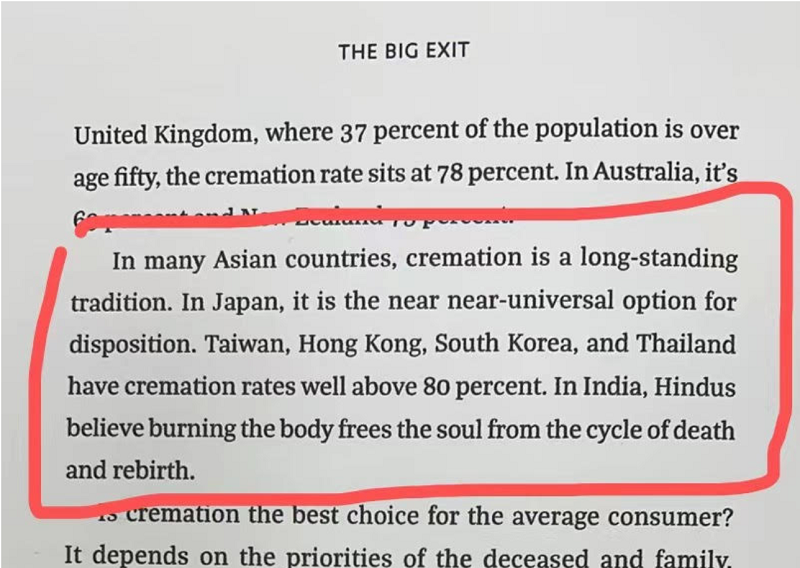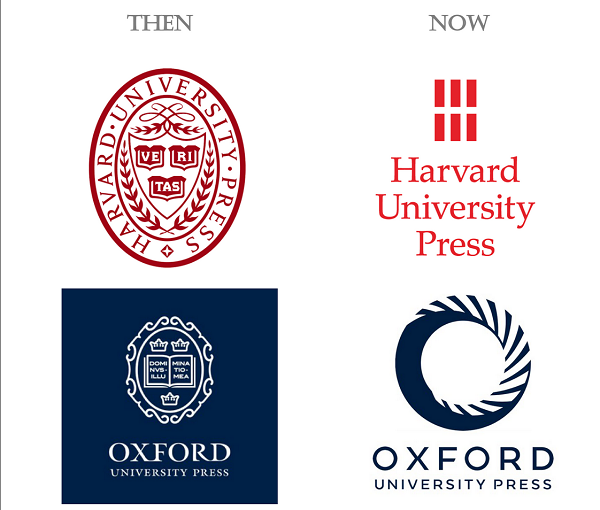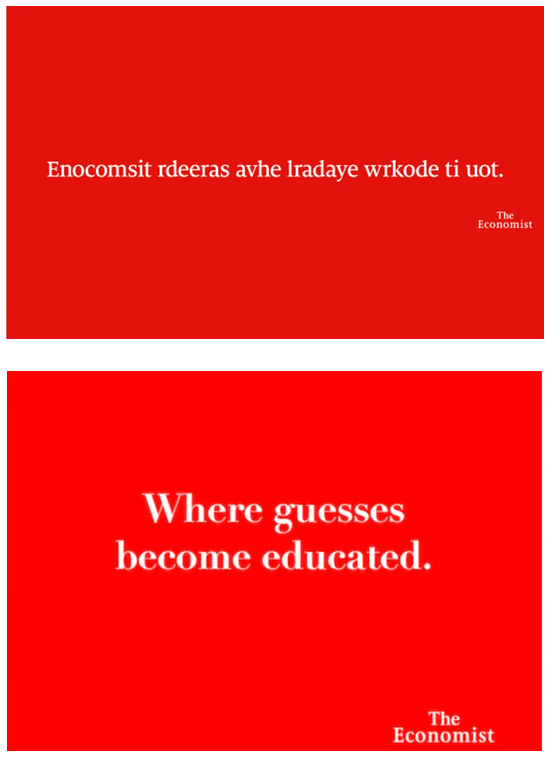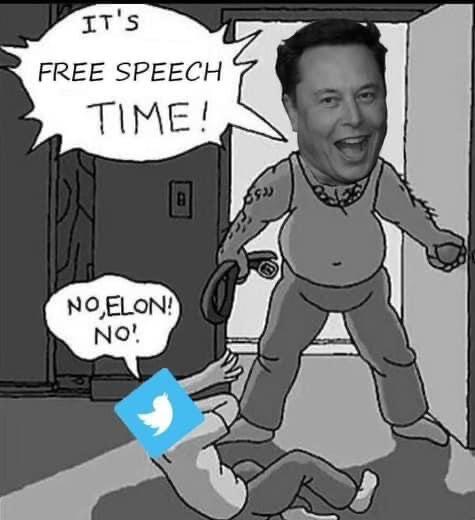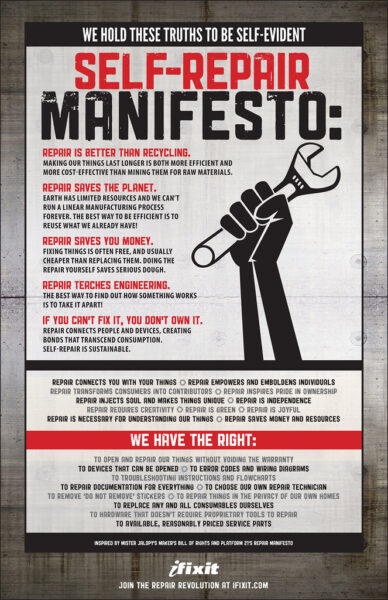In the latest SHuSH newsletter, Kenneth Whyte explains why some of Sutherland House’s books are now being printed in China … and illustrates some of the risks of having them printed there:
We decided last spring to offshore some of our book printing to China (see “The Crisis in Book Publishing”, SHuSH 138). It was not a difficult decision. The difference in price is enormous.
For instance. Next week we’re releasing a book called The Prison Lady: True Stories and Life Lessons from Both Sides of the Bars by Phyllis Taylor. Presales have been strong. We need to print more copies. We can’t go back to the original Chinese printer, which charged us $2.08/copy, because it takes months to get books from Guangzhou to Toronto. We need the books now. So we shopped around. The best North American price we could find is $4.39/copy.
Why is that a problem? The book is a paperback priced at $22.95. The retailer takes half that, leaving us $11.50. After our distributor and sales agent take their fees and we pay the author her royalty, we’re left with $6.32 out of which we pay for editing, cover art, design, overhead, and shipping. And printing. If the printing bill comes to $4.39 a copy, we make no money.
Those of the economics of a straightforward paperback. A friend of mine recently called about a quote from a Canadian printer for a full-color illustrated book that came in at $15.31/copy. It seemed steep, so I sent the exact same specs to a Chinese printer who quoted $5.27/copy.
[…]
Our initial plan was to print four of our spring books in China (we’re also using printers in Turkey and India). The files for the first two of the four were delivered last month. On Nov. 7, we received the following email from the printer:
After more detailed review of some of the written content of these two books, there are some significant censorship concerns related to certain references to Taiwan, Hong Kong, and China.
As you may be aware, China vehemently enforces a “one China” principle in which Hong Kong and Taiwan are part of the “one China”. Therefore, China censorship will not allow any reference to either Hong Kong or Taiwan as its own country.
With this in mind, there is some “sensitive wording” on page 46 of The Big Exit that would not be possible to print in China due to it implying that Hong Kong and Taiwan are “countries”.
The Big Exit isn’t about politics. It’s a book about end-of-life choices or, more particularly, how we can dispose of the remains of a billion boomers over the next several decades without wrecking the planet (conventional burial and cremation are both environmentally reckless). The censorship issue arose in this paragraph, which the printer helpfully circled in bright red:
I grant that while Hong Kong still shows up in a lot of data as its own country, it is technically an administrative region of China. Taiwan’s independence is also disputed by China. Against China’s claims, we have the Frank Zappa rules of diplomacy which recognize as “a real country” any place with its own beer and its own airline. Taiwan and Hong Kong both qualify.
In any event, we are now printing The Big Exit in India.

